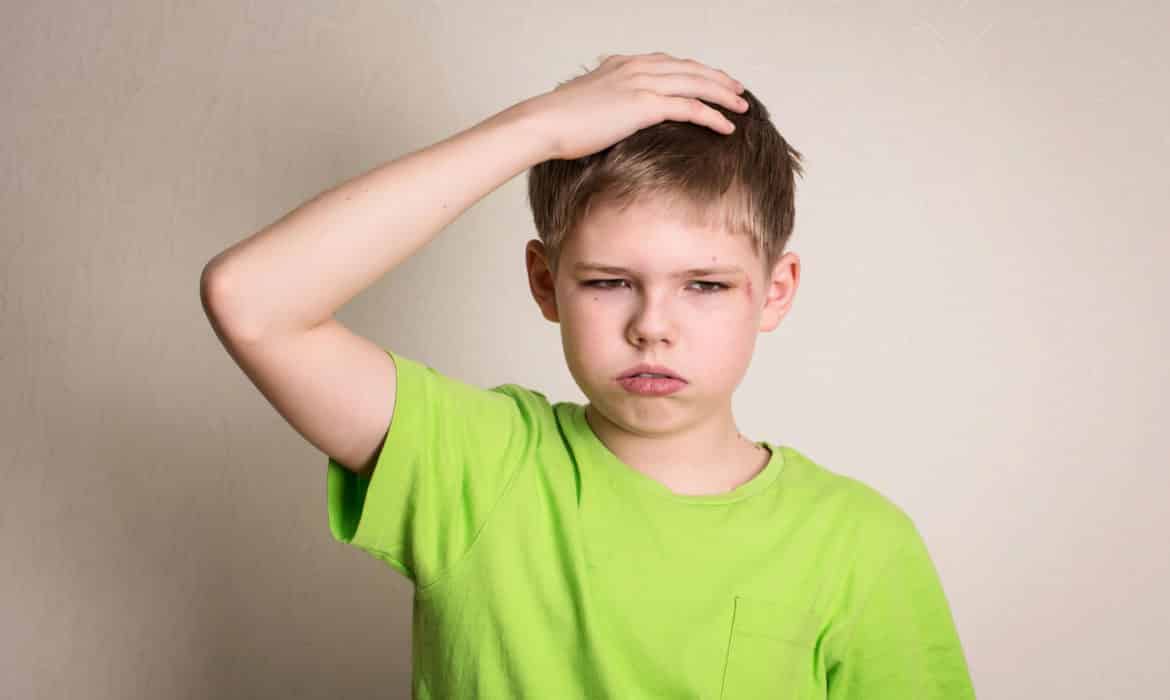Whatever age you are, a concussion is the likely outcome of a head injury, and the side effects could range from the mild to the severe. Concussions are obviously more of a worry when they affect children, since their developing bodies are more sensitive to damage and disruption. To ensure that you can look after kids as much as possible and help them cope after a brain trauma, here are some of the main talking points regarding concussions in children.
Child-specific symptoms should be on your watchlist
In order to recognize that concussion treatment for children is even necessary in the first place, you have to get to grips with the symptoms and signals that indicate they have suffered a head injury in the first place.
This is particularly important because the injury might have occurred when you were not present, and the child may be too young to explain what has happened, or unwilling to admit to the events which led to the incident for fear of being reprimanded.
For children under the age of 5, changes in behavior are a clear-cut sign that they have a concussion. This could include becoming quicker to show irritation than usual, or seeming to have little to no engagement with the world around them.
Excessive crying is another major hint of a concussion for youngsters, so if you as a parent have a sense that something is not quite right and you cannot put your finger on why, it is almost certainly time to take them to the emergency room.
Be aware that most symptoms of a concussion will show themselves in the first 24 hours after the injury occurs. This usually lasts a couple of days, to a week at the most. However, in certain cases, patients may need urgent medical attention from the help of a surgeon such as Dr Timothy Steel. Either way, always stay vigilant and monitor the signs after the accident.
Certain activities will leave them at greater risk of concussion
Knowing where concussions are likely to occur can help you manage this risk, especially when it comes to parenting energetic children.
Research suggests that contact sports are the main source of concussions in those aged under 18, with the biggest culprits being rugby, ice hockey and American football.
There is even evidence to suggest that cheerleading can cause concussions, with a fifth of injuries in this discipline being put down to head trauma.
It is not the case that you should swaddle your kids in cotton wool and never let them get involved in contact sports. Rather make sure that they have both the right equipment and the right training so that they are well protected and able to look after themselves on the field of play.
Likewise be sure to get them the medical attention they need sooner rather than later if they do get injured while playing sport.
The right approach to recovery is needed
Recovering from a concussion can take a few days, or it might be a while before the individual feels themselves again.
If you have a child who suffers a concussion, it’s necessary to make sure they understand what this means, and what they need to do to ensure their recovery is speedy and comprehensive.
48 hours of rest immediately after the injury is advised; that means not only staying in bed, but also avoiding exposure to elements which can exacerbate the symptoms, such as bright lights and loud noises. Avoiding contact sports for a minimum of 3 weeks is also essential, although they can go back to their usual routine of healthy play and exercise before this, so long as they don’t get into too many tussles with their siblings and friends.








